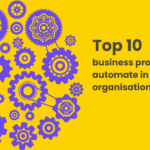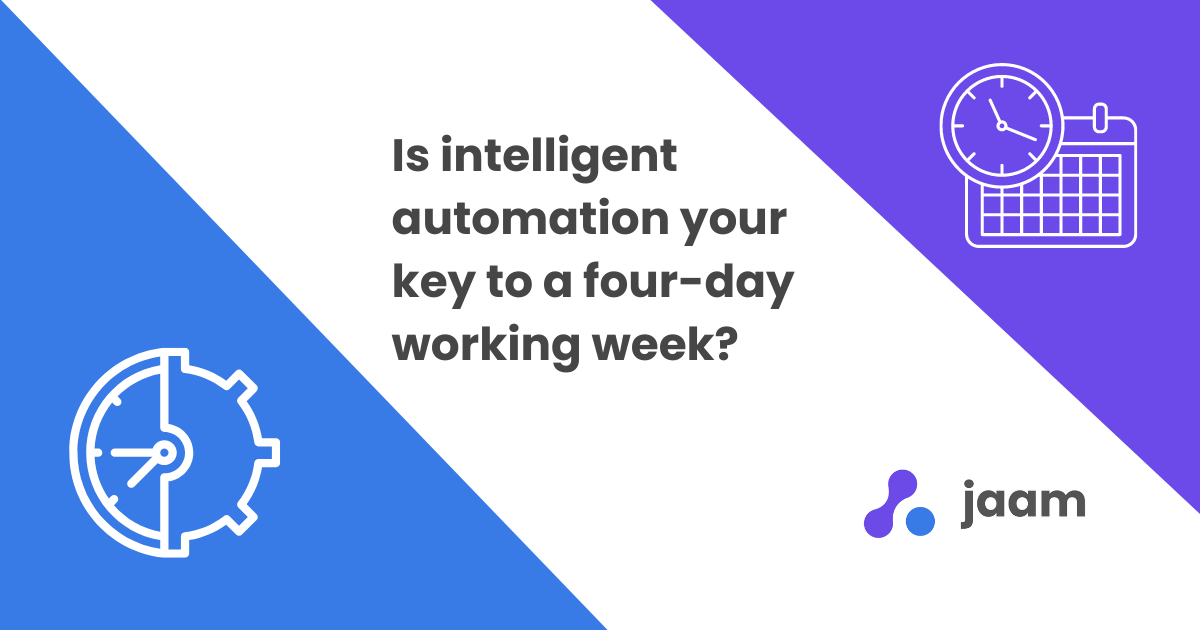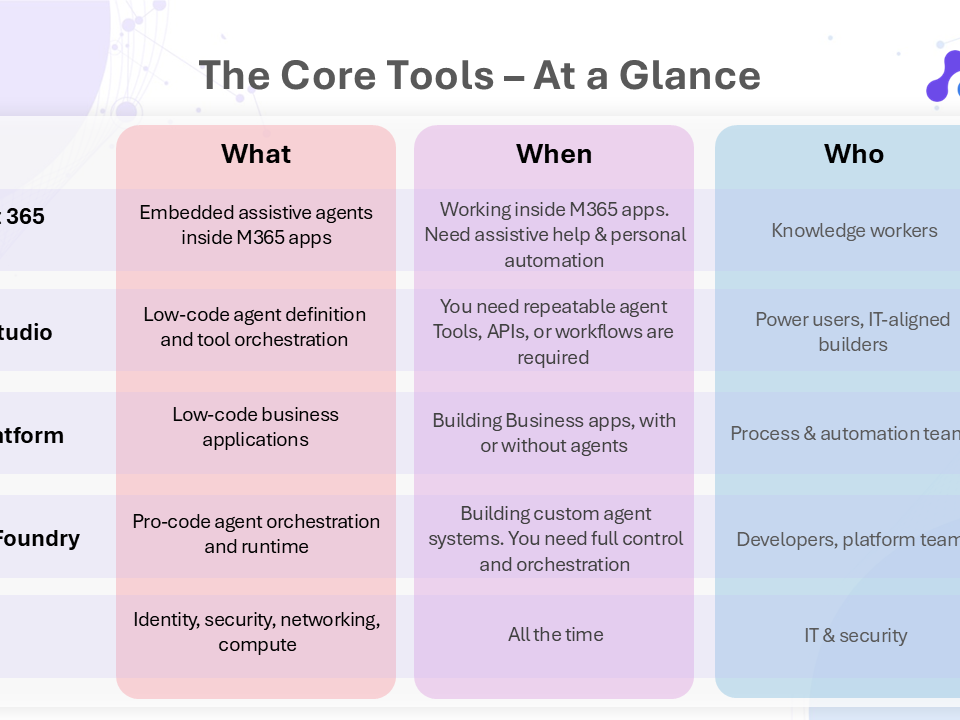
In our high-speed world, success is often associated with relentless busyness and stress. This approach, often called ‘hustle culture’, typically involves long hours in the office and an all-consuming devotion to work, often at the expense of personal health and wellbeing. But does success really have to come at such a high cost?
While younger generations have been challenging hustle culture for some time[1], the Covid-19 pandemic has amplified this sentiment and triggered a broader reassessment of work-life balance. The crisis has urged people from all walks of life to re-examine the ‘always-on’ mentality and call for change.
In response, some businesses are re-imagining the traditional work week and exploring new, more balanced working models. One initiative, which has already been piloted in several countries and adopted by a number of organisations, is a four-day work week. Could this mark a notable shift in our approach to work and productivity?
Breaking down the four-day work week
In this proposed model, employees work for four days instead of five but are still paid their full salary. People can then use the extra day for personal care, family time, simply relaxing or doing things they enjoy outside of work.
This isn’t just good for employees. A four-day work week could also benefit businesses by boosting productivity, as teams are likely to be better rested and more efficient. It could also reduce employee burnout and staff turnover, leading to a more satisfied and stable workforce. Plus, having one less commuting day can mean less congestion and pollution, with a positive impact on communities and the environment.
This initiative is gaining momentum globally
4 Day Week Global, a non-profit organisation working towards a future-oriented change in the work structure, supports the 100-80-100™ model: 100% pay for 80% work time, with an emphasis on achieving 100% productivity. [2]
They have successfully assisted thousands of companies across various sectors in permanently transitioning to a reduced-hour, output-driven work approach without any salary cuts. Studies investigating the experiences of companies from the US, Canada, UK, Ireland, Australia and New Zealand who have trialled this approach, have found decreased stress, burnout and fatigue levels. Furthermore, companies observed improved business outcomes, including higher retention rates and a decrease in absenteeism.[3]
During 2022 in the UK, over 60 companies took part in a pilot run by 4 Day Week Global. Among these varied businesses, 92% of employers expressed a willingness to maintain a shorter work week after the programme, with 30% committing to make the change permanent. Out of roughly 3,000 employees involved, 71% experienced a decrease in burnout, and there were notable improvements in physical health and overall wellbeing. [4]
Strategies for success
While the benefits seem promising, introducing this new work model does come with its own set of challenges. If your employees have a four-day work week on their wish list, you may be wondering how your business can offer your team a shorter work week that still hits the productivity mark.
Technology could provide a solution for making this a sustainable option. Automation and AI, in particular, could play a significant role in establishing a work environment where a reduced work week is not only feasible but also beneficial for both your workforce and your business.
When you bring together automation and AI, you get intelligent automation – a powerful synergy that can transform the way your business operates. Intelligent automation is excellent at handling repetitive, rule-based tasks. It can also make more complex work easier for your team to manage by bringing in AI to handle tasks that require a certain level of decision-making or cognitive function. By handling the tasks that often take up significant amounts of your team’s time, you’re helping them to get the same amount of work done in fewer days. In fact, you could even make them more productive than before.
How automation and AI help you work smarter
To help you better understand the potential of this technology, here are just a few ways intelligent automation is already making waves across various industries:
- Data analysis
Data analysis is often bogged down by the time-consuming process of initial data collection and crunching. But what if you could automate that? Robotic Process Automation (RPA) is a technology that can be programmed to perform repetitive tasks such as gathering data from various sources and organising it for analysis. By deploying RPA, your data analysts can jump straight into interpretation and strategy, armed with all the data they need.
- Document processing
Businesses dealing with large volumes of documents, such as invoices, legal documents or contracts, can greatly benefit from document automation tools. These do a lot of the heavy lifting, by automatically creating, sorting and checking documents for you. They can also combine technologies like Optical Character Recognition (OCR), Machine Learning, and Natural Language Processing (NLP) to extract and interpret data from a wide variety of document types, even if the data is unstructured. The result? You save time, and your document handling becomes quicker and more accurate. - Routine sales and marketing tasks
Sales and marketing often involve repetitive tasks like sending follow-up emails, scheduling social media posts, or nurturing leads. Automation solutions can handle these tasks efficiently, often using a mix of email automation, social media scheduling tools, and customer relationship management (CRM) platforms. Your team can then focus on creative strategies, building relationships, and leveraging the analytics these tools provide to make informed decisions.
- HR and payroll
Managing HR and payroll tasks can be complicated, especially for larger teams. HR management systems (HRMS) combined with workflow automation can automate various tasks like tracking employee hours, calculating wages and salaries, and managing benefits. The advantages of this approach go beyond saving time – it also reduces the risk of human errors that can lead to regulatory compliance issues or employee dissatisfaction. With automation handling these tasks, your HR team can focus on strategic initiatives like employee engagement and talent development.
Intelligent automation: a catalyst for a new working model
Interestingly, one of the most compelling applications of intelligent automation could lie at the very heart of the transformation you’re considering. Beyond enhancing productivity on a day-to-day basis, these technology capabilities can also be harnessed to ease the transition to a four-day work week, or any alternative working model for that matter.
It’s likely that a new way of working will present a number of logistical challenges, from managing workloads to ensuring project continuity and maintaining productivity within a reduced time frame. These are valid concerns. However, this is precisely where AI and automation come into their own.
The power of these technologies lies not just in streamlining routine tasks or enhancing complex processes. They can also be strategically harnessed to redefine project management and workload distribution itself, making the shift to a four-day work week smoother and more manageable.
Detailed reports on team productivity, project progression and resource utilisation, generated by AI-driven project or case management tools, can provide managers with the insights needed to understand current workflows and pinpoint areas for improvement. These tools can analyse both historical and current workflow data, identifying patterns and forecasting potential issues like bottlenecks or resource shortfalls. This predictive capability paves the way for proactive planning and adjustments. For instance, if a crucial team member is nearing capacity, the AI system can raise an early alert, enabling task redistribution before a bottleneck even occurs.
Looking ahead: the future of work
Consider the potential of intelligent automation becoming a staple in your day-to-day operations. Tasks become streamlined, decision-making grows more insightful and your team’s productivity reaches new heights. Such a boost in productivity could feasibly allow you to fit a five-day workload into just four days, without compromising on quality or output.
This isn’t merely about reducing working hours, but rather, about enhancing the efficiency of those hours spent working. By strategically implementing intelligent automation, the prospect of a four-day work week becomes not only achievable, but also advantageous – benefiting your team and your business.
[1] https://www.4dayweek.com/
[2] https://www.4dayweek.com/
[3] https://www.nytimes.com/2019/09/17/style/generation-z-millennials-work-life-balance.html
[4] https://www.bbc.com/worklife/article/20230319-four-day-workweek-trial-the-firms-where-it-didnt-work






